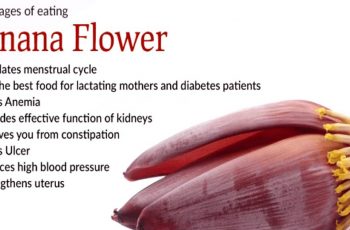
According to results of a result study performed on mice, moderate amounts of alcohol may support brain health by reducing inflammation and flushing away metabolic byproducts, including the protein plaques associated with Alzheimer’s and Parkinson’s diseases.
In a statement, the study’s lead author and co-director of the Center for Translational Neuromedicine at the University of Rochester Medical Center, Maiken Nedergaard, MD, DMSc, explained that “prolonged intake of excessive amounts of ethanol is known to have adverse effects on the central nervous system.”
“However, in this study, we have shown for the first time that low doses of alcohol are potentially beneficial to brain health, namely it improves the brain’s ability to remove waste.”
The unexpected results of the research, published in Scientific Reports, demonstrated that alcoholic consumption comparable to about 2.5 drinks a day positively impacts the productivity of the brain’s glymphatic system, a network of waste-clearing vessels within the organ’s tightly controlled fluid environment.
Prior to its discovery by Nedergaard and her colleagues in 2012, scientists did not fully comprehend how waste molecules accumulated outside of brain cells were transported out of the sealed-off tissue area, called parenchyma. It is now known that well-hidden channels surrounding the brain’s blood vessels allow exchange between the parenchyma and the cerebrospinal fluid (CSF) ventricles that ultimately drain into the lymphatic vessels of the head and neck.
Following multiple findings that low-to-moderate drinking is actually associated with an increase in overall health and longevity, the Rochester team sought to examine what goes on in the glymphatic system after indulging in an alcoholic beverage or two.
Their somewhat unconventional experiment involved getting mice drunk. While this may evoke cartoon imagery of mice sitting down for a pint at the local pub, it is important to note that mice didn’t become drunk in the traditional sense.
First, conscious mice were injected with low (0.5 g/kg), intermediate (1.5 g/kg), or high doses (4 g/kg) of ethanol – corresponding to about 44 milliliters (1.4 ounces), 133 ml (4.5 oz), or 354 ml (12 oz) of pure alcohol for a 70-kilogram (154-pound) human.
Subsequently, a tracer compound was administered into the brain so that the flow of CSF could be observed.
It was found that roughly 45 minutes after receiving the alcohol, mice in the low-dose group showed an average 40% increase in glymphatic flow, when compared to mice given a non-alcoholic control liquid. In contrast, the mice who were sloshed on intermediate and high doses displayed 34% and 28% reductions in glymphatic function, respectively.
So, what can we infer from the findings? Alcohol, when consumed it low to moderate doses, may actually be good for you. Regular consumptions beyond this will halt glymphatic function as is not encouraged by medical professionals.
If you found this article helpful, please share with friends and family by clicking the button below!
Source: [1]




